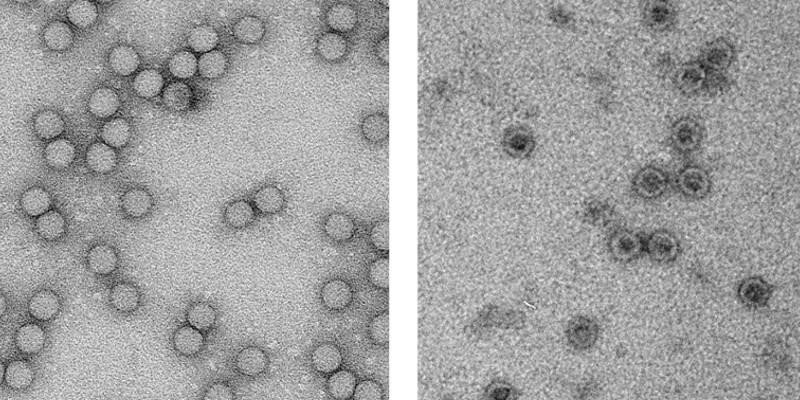Scientists prove new approach to Polio vaccines works

Scientists have identified new ways to provide vaccines against polio, which do not require the growth of live virus for their manufacture. Despite the success of vaccines produced from "virus-like particles" (VLPs) for hepatitis B and human papilloma viruses, poliovirus VLPs have proved to be too unstable to make practical vaccines. Now, a research team at the University of Leeds has found a new way to modify these VLPs, also known as "empty capsids", by identifying mutations which make their structures sufficiently stable to act as vaccines.
